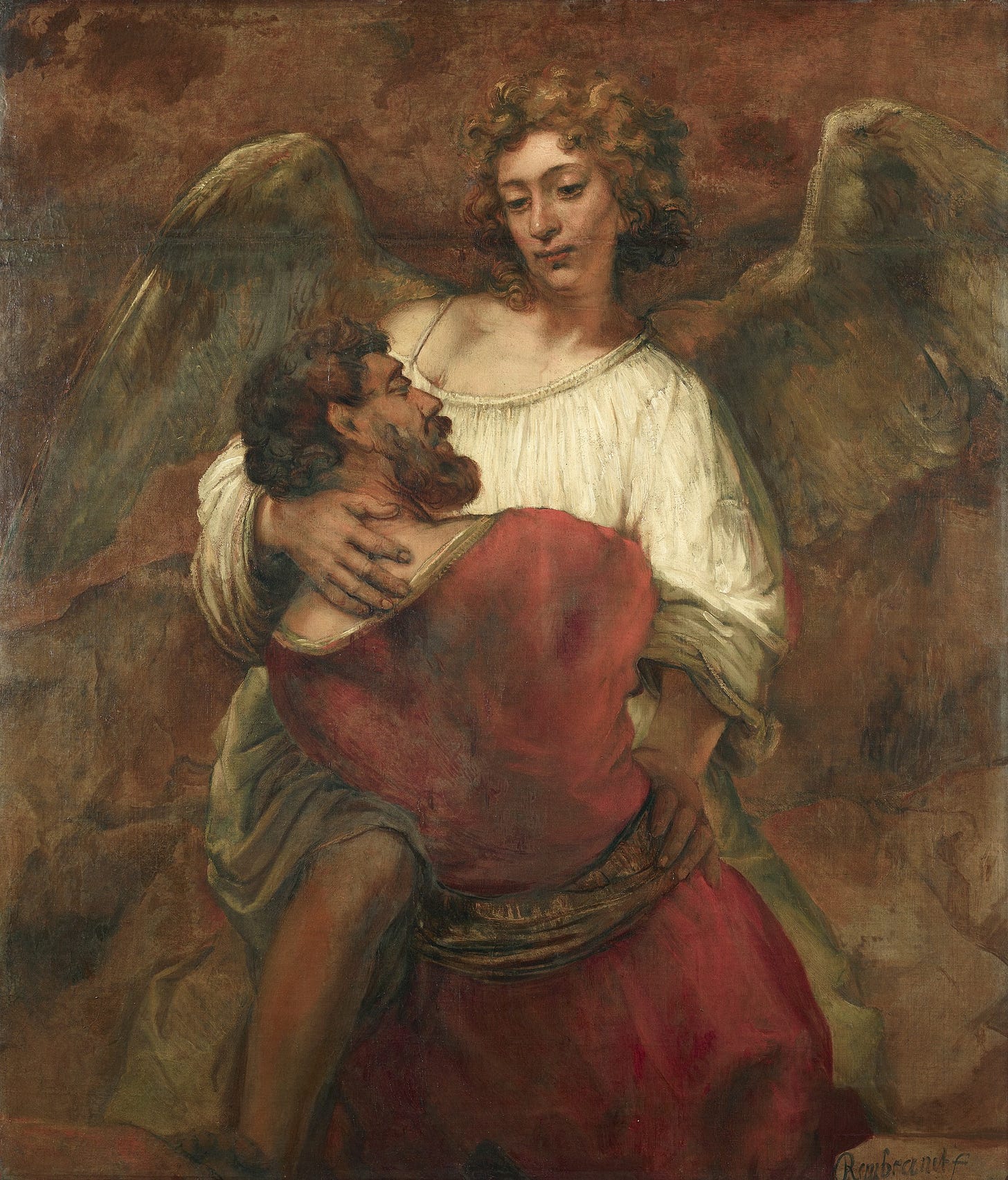
We've all heard of the struggling artist. Usually, the struggle referred to is one of economy: The artist, thinking that all must be sacrificed for art, gives getting a living a low priority. The result is poor health, unpaid bills, and a failure to thrive. But this really is only a romantic myth, likely based on that famous archetype, Vincent Van Gogh. But Vincent is far from typical. Most artists I know enjoy reasonably good health and stay ahead of the bill collector.
Yet there's another kind of struggle—one of confidence. In struggling to maintain your skill and vision, you might lose faith in your ability and give up art entirely. This struggle isn't a romantic myth. It's real. Every artist I know at some point loses confidence. Most regain it but, sadly, some don't.
I've been working as an artist for 25 years now, and you'd think it would have gotten easier. But it hasn’t. Many times I doubt if I can work the magic again.
A graph of my expertise, charted from first learning to today, starts off at the bottom but rises quickly. I learned fast when just starting out, thanks to taking workshops, studying good paintings and practicing a lot. But after that the curve starts to flatten out. The learning went more slowly as I figured out the finer points of painting, like handling edges and mark-making; finding a mentor helped, and the line curves up a little at this point. But then the curve flattens out again, a barely incremental creep upward, with advances slow and few, shown as a scattering of tiny, almost-imperceptible, jumps. (How do I recognize these miniscule improvements? Often I don't, and I rely on other people to tell me.) The growth of every artist follows this curve.
Confidence grows with expertise. If you were to graph the two, the curves would almost match, except for one feature. I would argue that you never really lose a skill—you might get a little rusty after a time away, but the rust falls away with a little practice—and the trend is always upward. But you can lose confidence. Interspersed among the jumps in skill are dips of confidence. For some of us, the dips are small; for others, they bottom out.
How do I handle a drop in confidence? I keep going: practicing what I know. Also, as a plein air painter and a committed Transcendentalist, I believe being in nature can heal the spirit, so if I'm filled with self-doubt, I grab my sketchbook or paint box and hit the trail.
Sometimes, though, it's not so much a matter of going upward, but of going outward. Rather than practicing what I know, I may make a lateral move, and play with a technique or material that is totally new to me. For many years, I focused solely on oil and pastel; but not long ago, feeling a slump, I decided to try sketching with an ink brush. I'd never used this tool before, but I was immediately enchanted. It renewed my interest, taught me a new skill, and made me practice my drawing (something all of us painters need to do.) The dip vanished, and I felt the positive vibe of the curve going up again.
Confidence wavers, but creativity adapts. Whether it's through steady practice or an unexpected shift in direction, every artist finds a way forward.




If you overlayed the graphs of my skill and confidence there would be a brief spike in confidence fairly early one that would then drop off. This would be the initial beginner's confidence brought on by learning the initial basics and feeling a surge of accomplishment. The fall off would come from realizing how much more there was to learn before mastery.
Creativity is adaptation, confidence is helped by sales and positive remarks. Being an artist is a struggle between positive and negative emotions often coming from the external world.